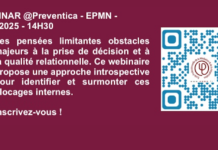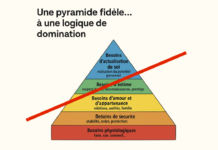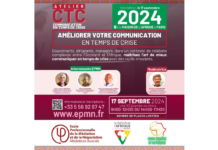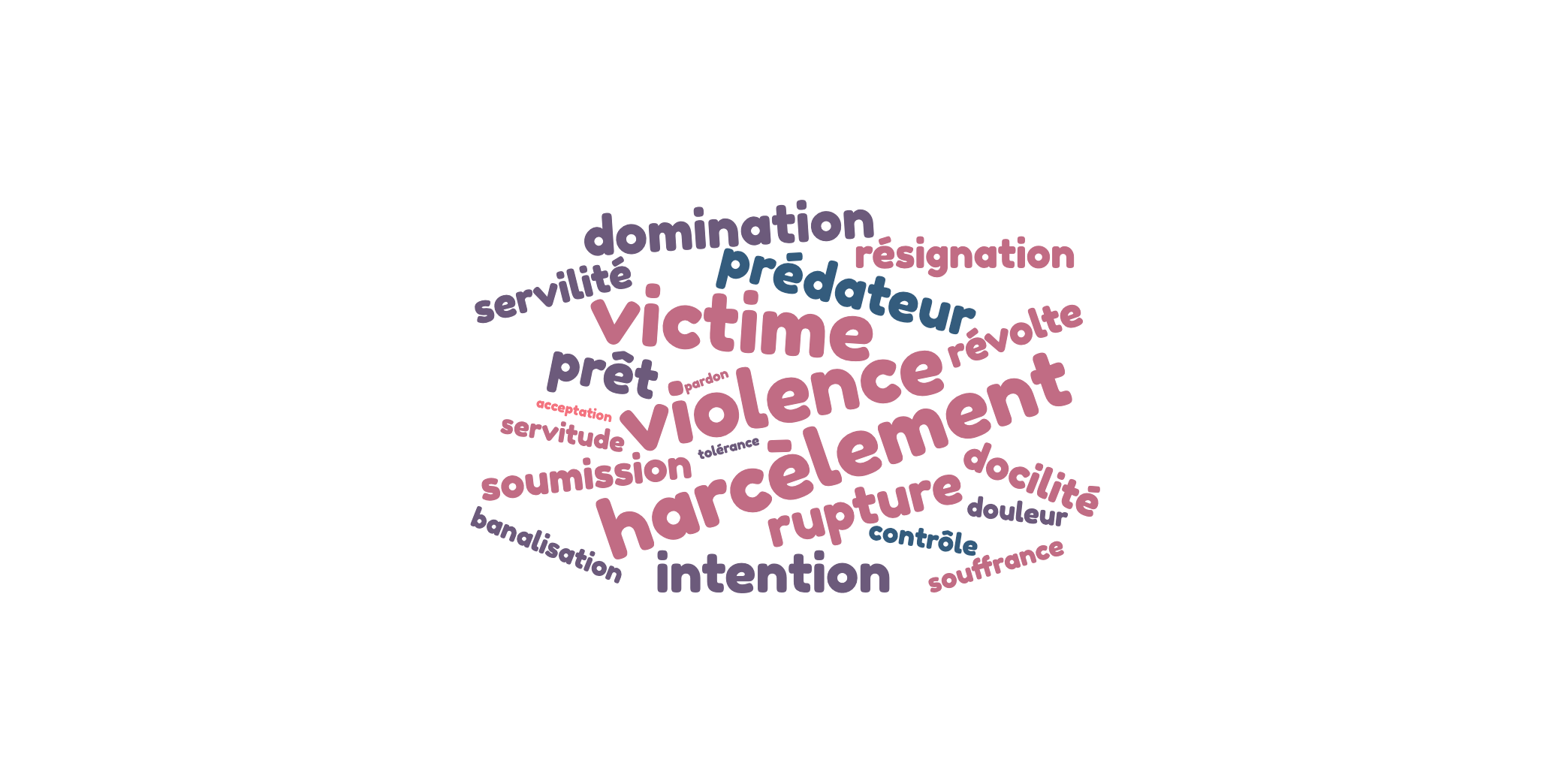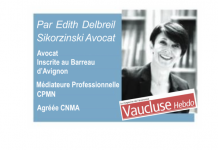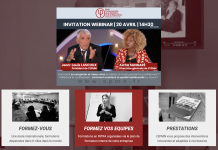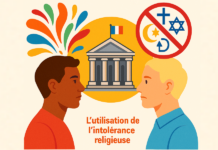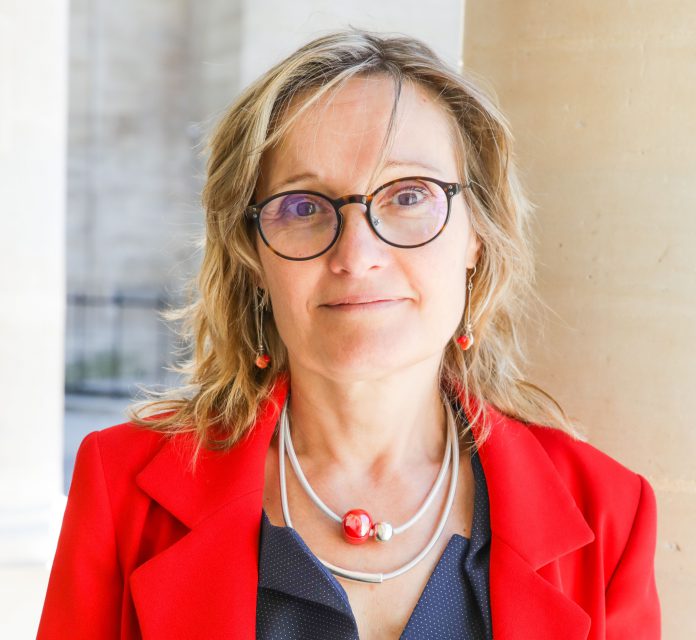How professional mediation practice is different to other practices: How does it deal with emotions, how effective is it?
Professional mediators are trained to resolve personal and professional conflicts between people.
A relationship is built within a project. Therefore, professional mediation is more orientated towards an understanding of this project rather than the conclusion of an agreement.
The position of third person is major.
The professional mediator is Independent, neutral, and impartial. He guarantees confidentiality and acts upon a structured process (individual hearings before each and every meetings).
The professional mediator works on conflicts resolution, on a long-term basis: i.e. help people to renew relationship, to build new one (people bring something new and withdraw something else) or agree to bring relationship to an end.
Domination, resignation, or temporary abandon of suits will be qualified as short-term solutions.
In order to resolve conflicts, the professional mediator considers that there are three different parts to a damaged relationship:
Emotional, technical, and legal.
Knowing that the emotional side creates the conflict, he will deal with this first. The technical and legal sides will then be easier to manage.
The relationship starts by the relation with ourselves.
We are seaking for:
Satisfaction, Harmony, and balance within our relationships.
With regard to:
Our own beliefs, certainties, and convictions.
And our regrets:
Resentment, remorses, and grudges.
In the relation towards the other, people receive, analyse, differently express the information, they do not realise the emotional impact they have on the relationship.
Example of metaphor:
The capture of monkeys in Indonesia.
You put an orange in a big pumpkin.
The monkey slips in its hand, takes the fruit.
But then cannot retrieve its hand.
As he does not want to let go of the fruit, he stays stuck and is captured.
The professional mediator will know how to put forward and take into consideration the different strategies put in place by people to communicate, by diversifying their own language.
He will refer to a study called “S.I.C.” which means “communication, interactive strategy of the person” and will consider his relational dynamic.
A quality relationship must be learnt, as experience is not enough. The mediator had developed a real know how to help people: to realise what limits their imagination and would allow them to act differently, to make their own decision.
I like to say that professional mediators are recognition craftsmen.
They will show each person recognition to help them cope with emotion. That does not mean that they will share their opinion, because they do not judge. This means that they will consider their opinion, the intention of their action. They will consider the persons possible limits, their lack of knowledge, their identity confusion. People may for instance be tempted to treat others in principle, without realizing. They would treat in the same way every kind of people (i.e., children, people who are alike).
Professional mediators, using recognition, will help people to let go and not to force others to think, act, feel, like them, i.e.:
- To grant them freedom of speech,
- By mean of metaphors,
- To help them to think in a calm way,
- To guide their thinking,
- And, last step, to teach them not hold on.
The professional mediators will make sure, that exchanges are based on facts, consequences and feelings.




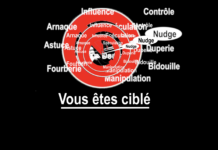
![Livre [nouveauté] : Médiations en milieux hostiles](https://www.officieldelamediation.fr/wp-content/uploads/2023/10/Médiations-en-milieux-hostiles-218x150.png)



